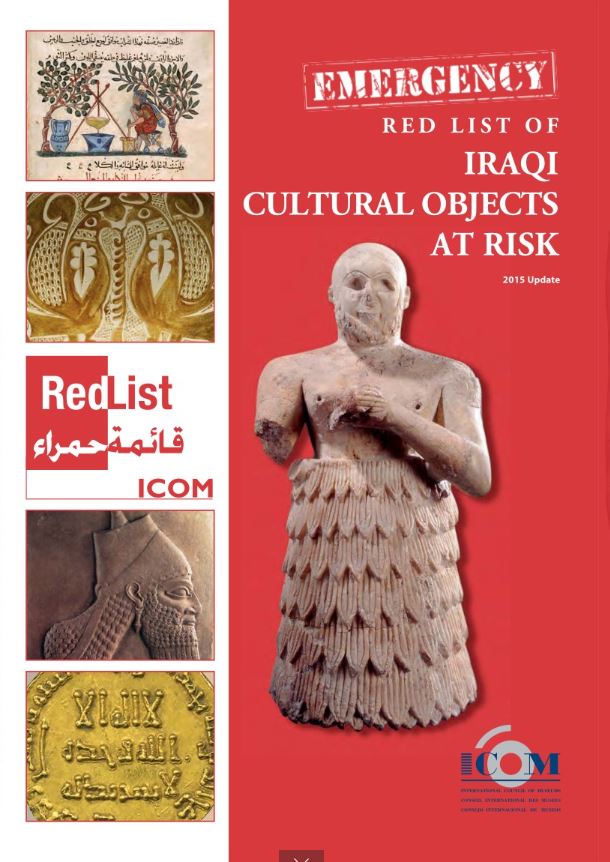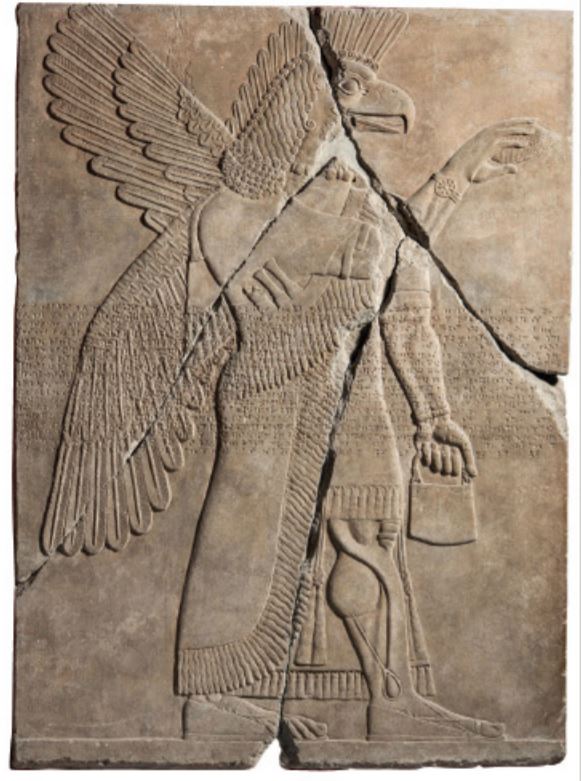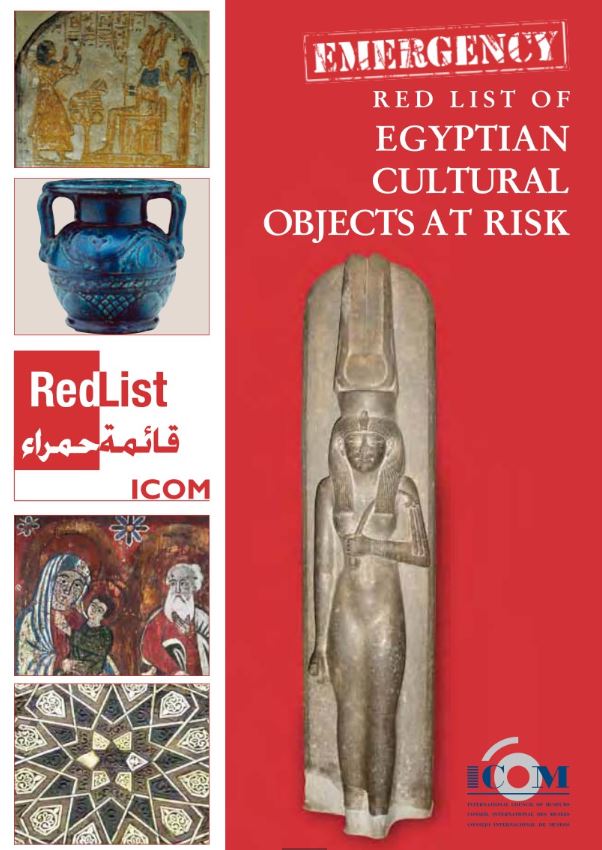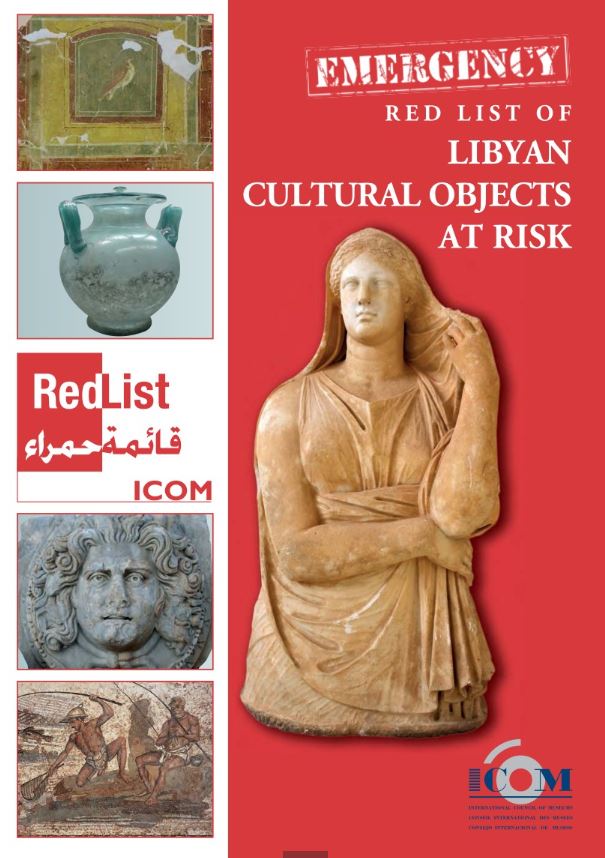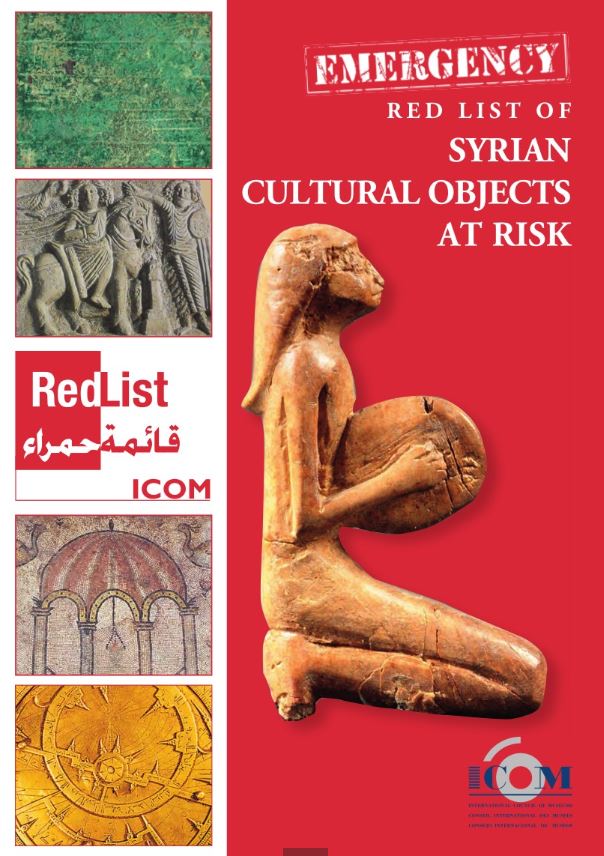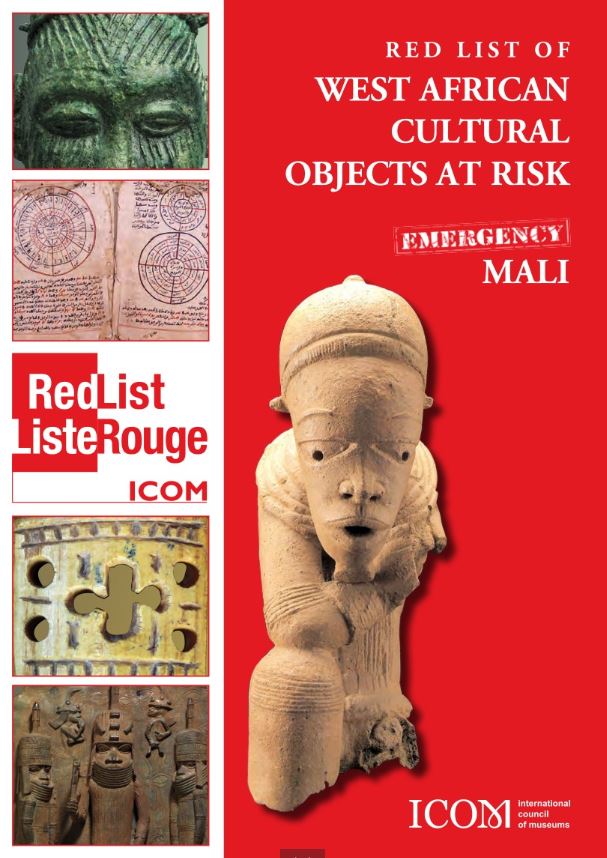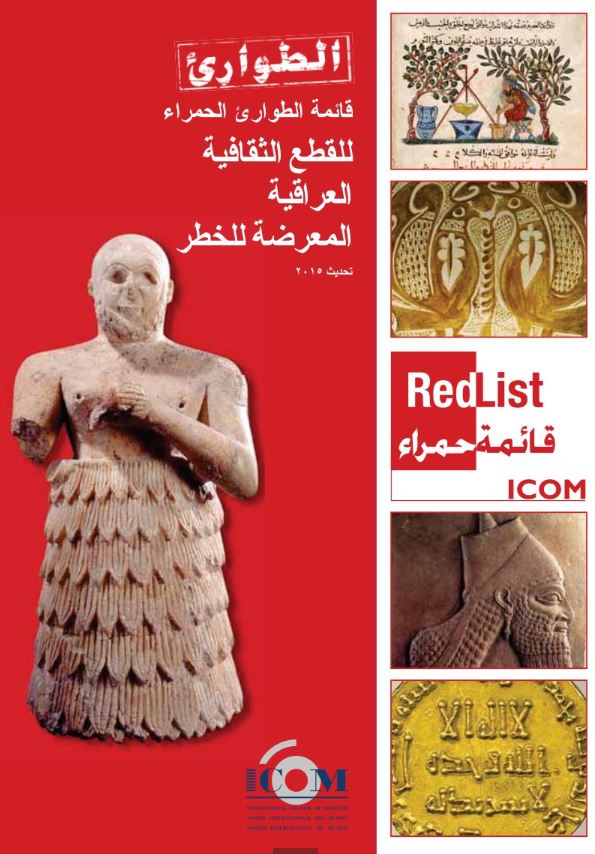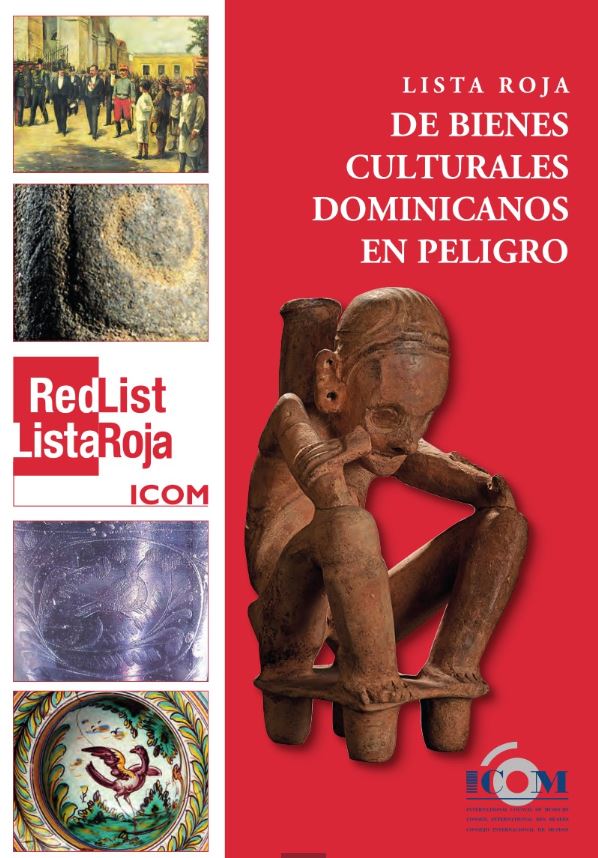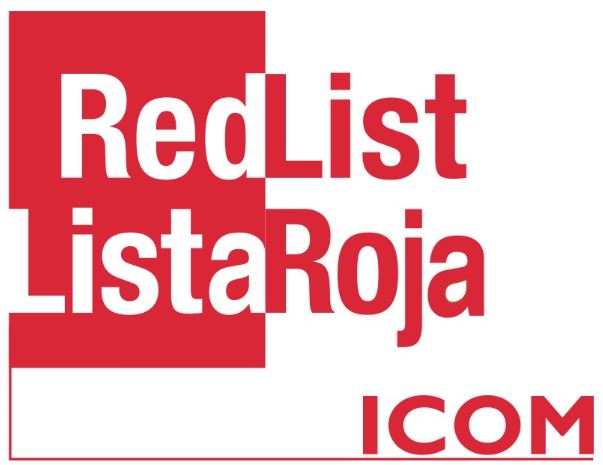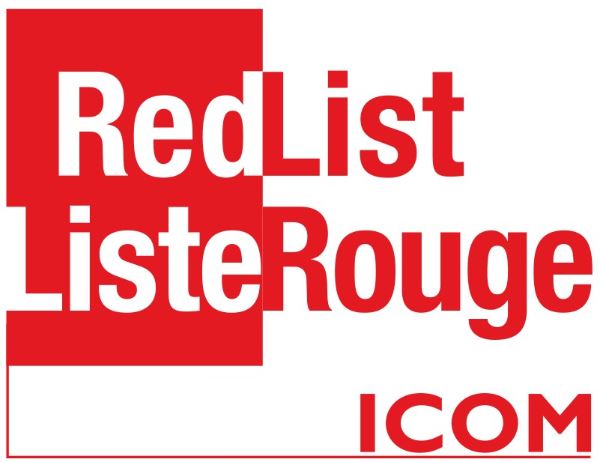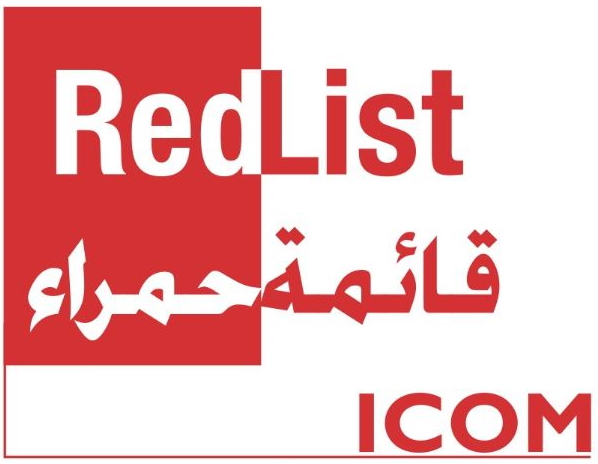Collections in lockdown: What do we do now?
Following a very busy summer working alongside the French Blue Shield Committee, I am delighted to announce that we are publishing a set of guidelines for collections care under lockdown conditions: Veille sanitaire, sûreté et sécurité en situation de confinement (Health, safety and security monitoring in lockdown situations).
The document gives a simple set of steps that may be followed when guiding your teams. It’s meant to help with monitoring situations, specifically regarding sanitary, security and safety measures.
The document is particularly aimed at institutions with limited staff and material means.
At the moment, only the French version is available, but the English and Spanish ones have been prepared and will be published in the coming weeks.
You may access and download the French document here.
Congratulations Blue Shield France on an excellent event
On Wednesday, 29 January 2020, the French Committee of the Blue Shield held a one-day conference in Paris on “Bouncing back from the crisis: heritage and resilience” (Rebondir après le drame : patrimoines et résilience).
As a member of the Blue Shield and volunteer for the organisation, I was delighted to be able to attend the event and give a small hand in helping prepare it.
Having been in charge of the creation of such reports as the Watch Lists and No-Strike Lists for the Blue Shield International between 2011 and 2016, as well as its oficial statements on heritage in danger, I felt this as a continuation of my work in spreading the knowledge on heritage in danger.




Conference speakers presented the work done in France by different organisations regarding the preparation and protection of cultural heritage. This included redefining the concept of resilience in the aftermath of a disaster, as well as introducing the work done by representatives of the French army, government officials and non-profit organisations in France and around the world. It was made clear through said presentations that the key to resilience is, indeed, preparation.
The event highlighted the wonderful efforts done by several sectors of the public and non-profit world to help protect our art and heritage, and presented the lessons learned during past interventions.
Speakers included:
Charles PERSONNAZ, Director of the French Institut national du patrimoine
Philippe BARBAT, Director General of Heritage (Directeur Général des Patrimoines)
Jocelyne DESCHAUX, Chari of Blue Shield France
Francesc PLA CASTELLTORT, Culture and Cultural Heritage Division, Directorate General of Democracy, Counseil of Europe
Romain KIMMEL, Head of the Directorate General for Civil Secrity and Crisis Management (Direction Générale de la Sécurité Civile et de la Gestion des Crises)
Capitain Ariane PINAULDT, Curator at the Musée des transmissions de Cesson-Sévigné
Samir ABDULAC, ICOMOS France and Blue Shield France
Bruno FAVEL, Head of the Department of European and International Affairs at the Directoare-General for Heritage (Département des Afaires européennes et internationales de la Direction Générale des Patrimoines), Ministry of Culture
The event was also the occasion for non-profit heritage organisations in France to present their work, with spaces being set out and dedicated to them throughout the day.



I look forward to similar events in the future, as we work towards transversal approaches for the protection of art and heritage.
Renata Kaminker - Fine Art Solutions attends Blue Shield France’s General Conference

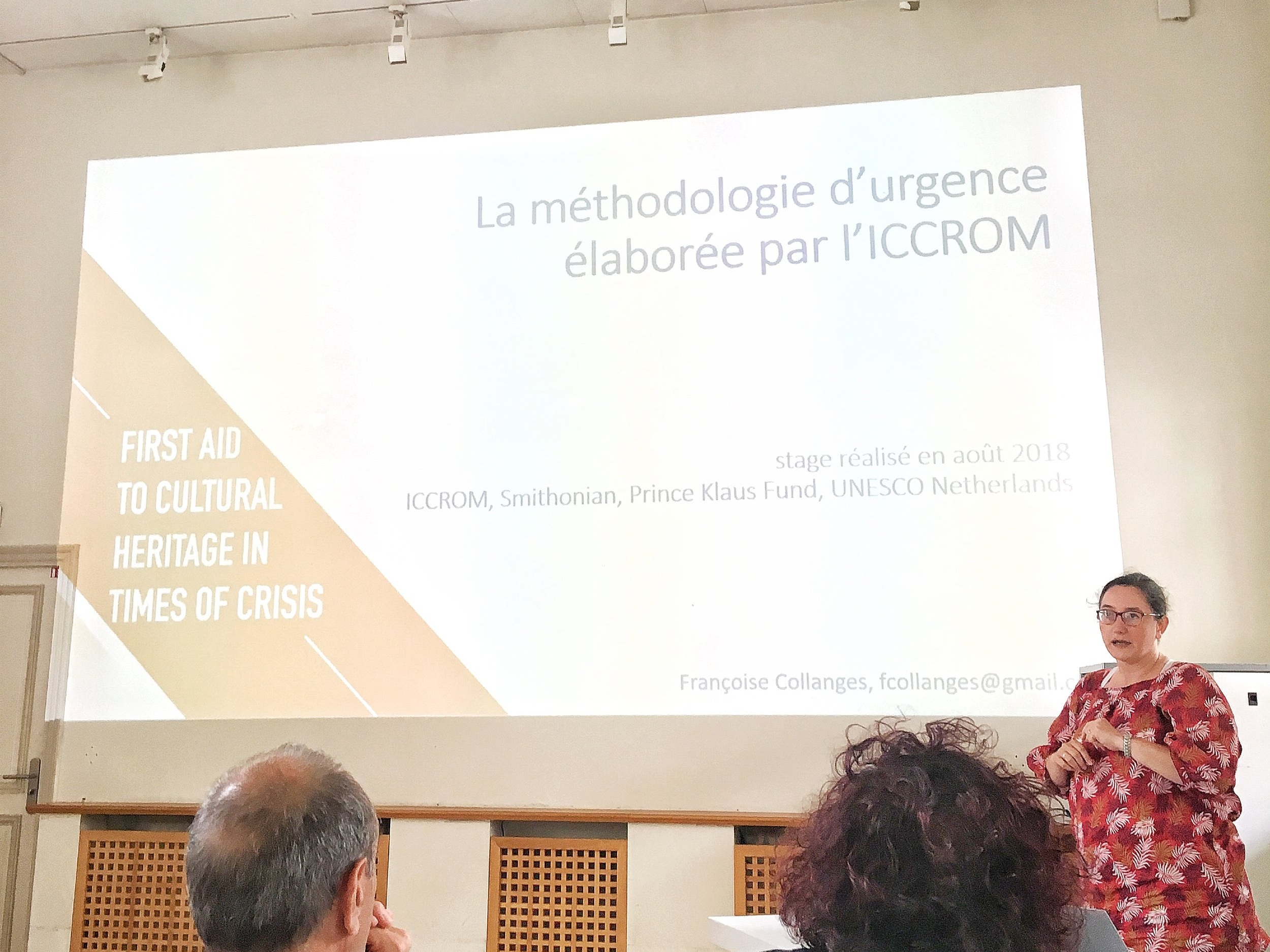
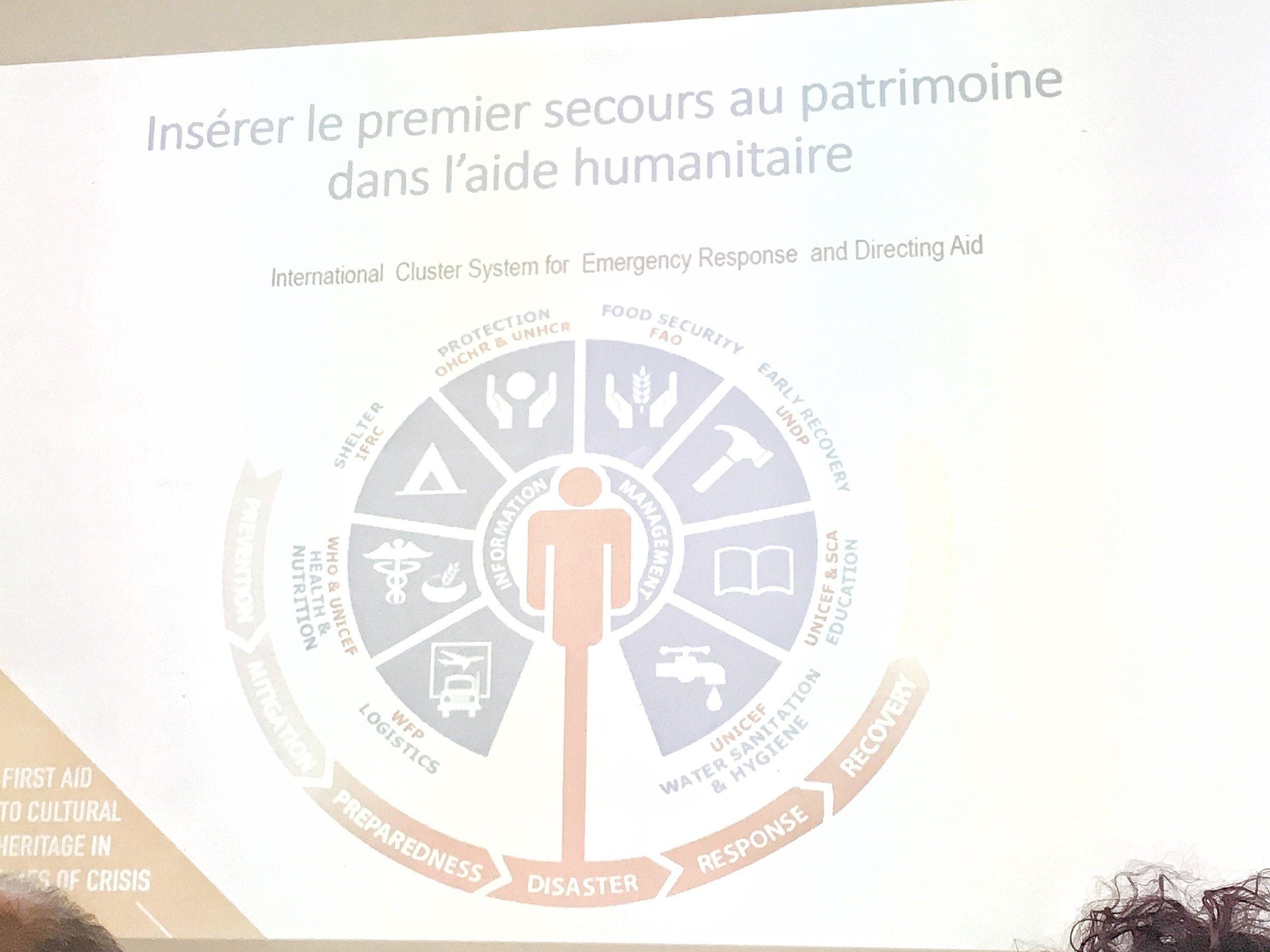
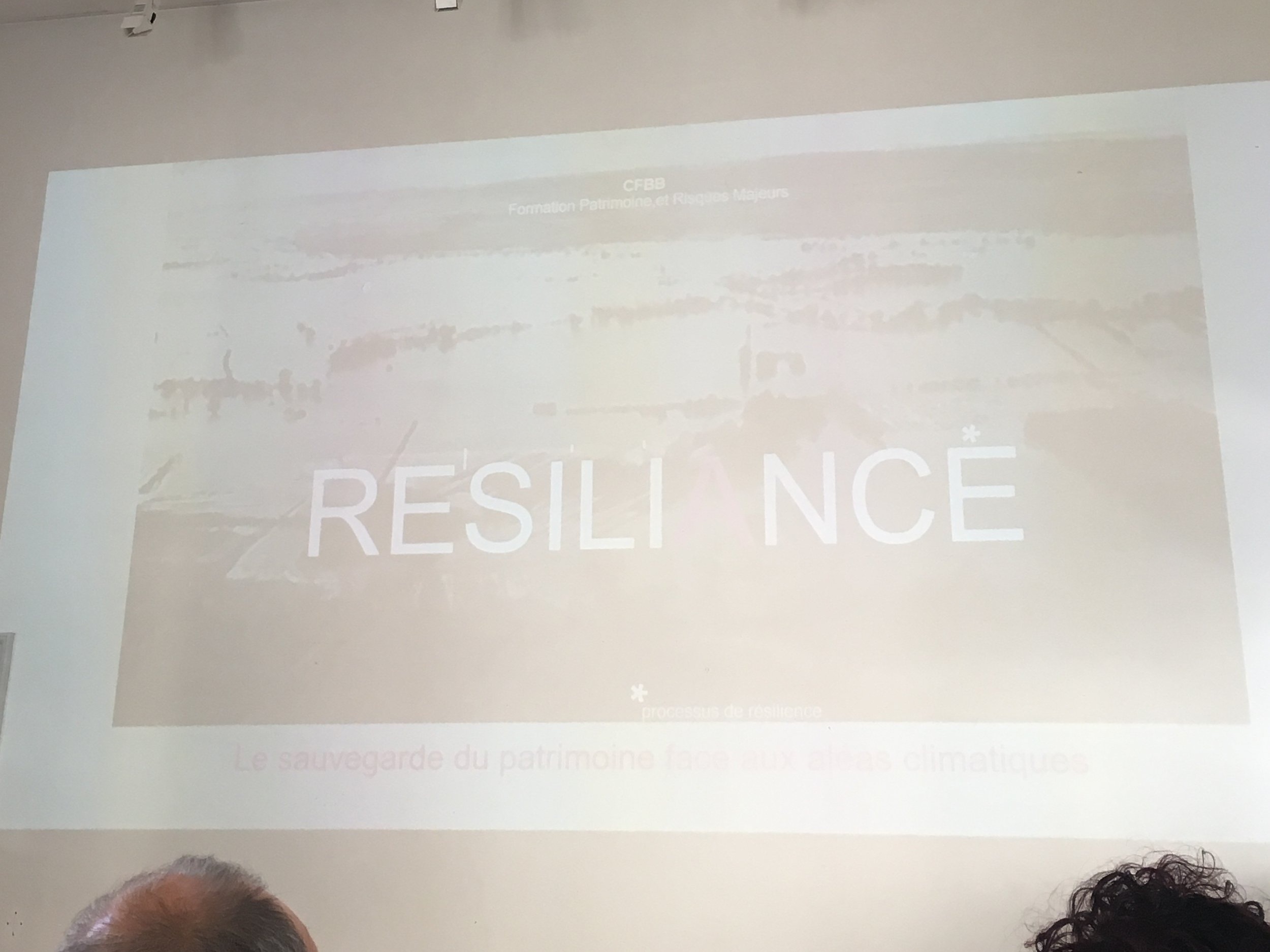
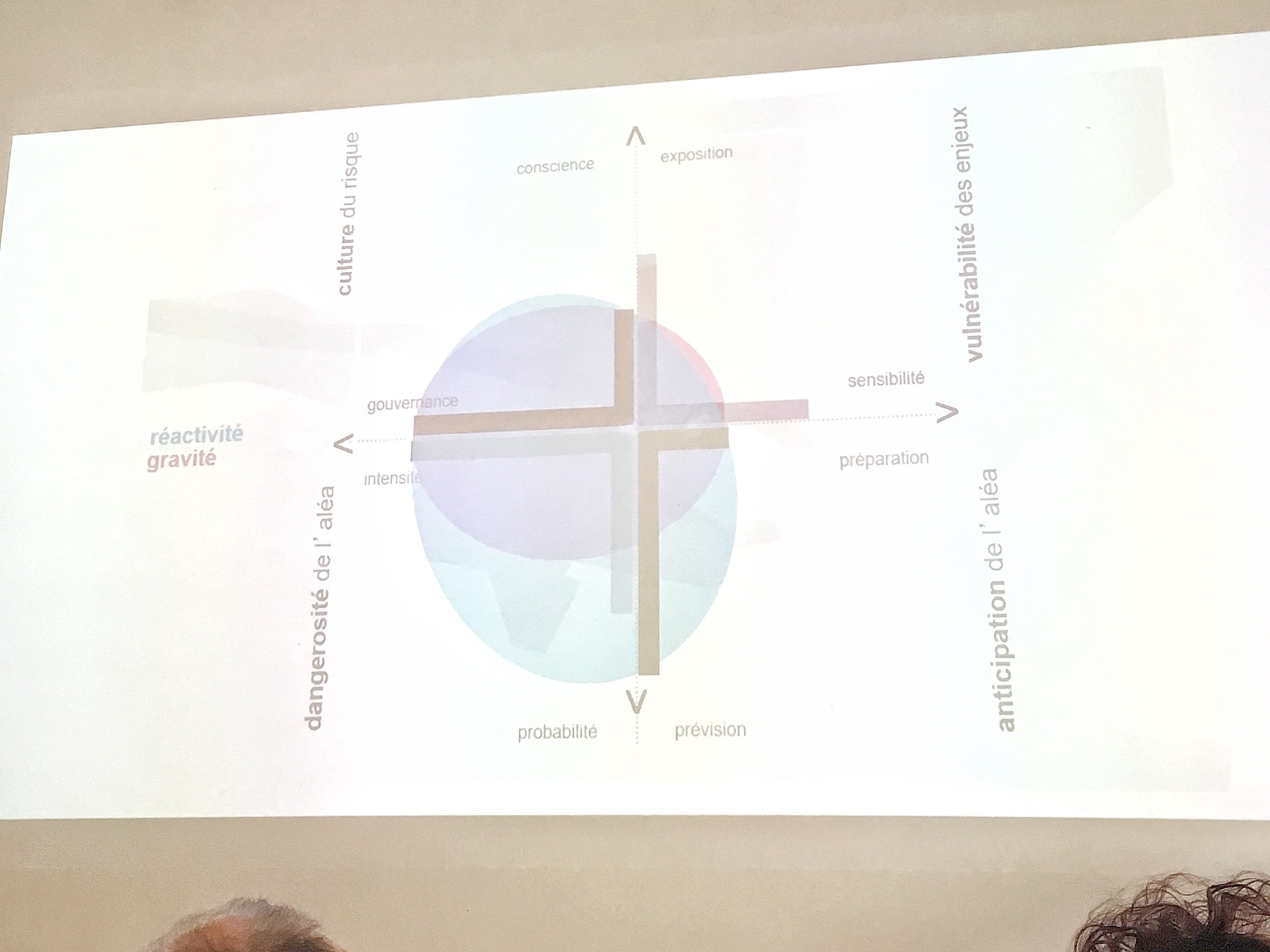
As a member of Blue Shield France, Renata Kaminker participated in yesterday’s training on "Climate crisis and emergency management of heritage disasters".
Over the course of the day participants heard from:
Jacques Faye, State Architect and Urban Planner, on the issue of Heritage: Climate Change and Major Risks.
Françoise Collanges, conservation advisor, on “ICCROM’s Heritage Emergency Methodology” and “Heritage emergency: a theoretical basis for a global approach?”. Françoise had participated in the 2018 First Aid to Cultural Heritage in Times of Crisis course organized by ICCROM, The Smithsonian Institution, the Prince Klaus Fund, and UNESCO Netherlands.
Following the presentations, a meeting of the Committee for Trainings was held, which gave us greater insight into the work done by Blue Shield France and the opportunity to volunteer in future projects.
Thank you, Blue Shield France, for organizing what was a very interesting day, full of valuable insights and information.
* * * *
En tant que membre du Comité français du Bouclier Bleu, Renata Kaminker a participé hier à la journée de formation organisé autour du thème "Crise climatique et gestion d'urgence des sinistres sur le patrimoine".
Au cours de la journée, des participants ont été faites par :
Jacques Faye, architecte urbaniste de l'Etat, sur « Patrimoines, changement climatique et risques majeurs ».
Françoise Collanges, consultante en conservation, sur « La méthodologie d'urgence élaborée par l'ICCROM » et « Urgentisme du patrimoine: un socle théorique pour une approche globale? ». Françoise a pu participer à la formation organisé en 2018 au cours d’Aide d'urgence au patrimoine culturel en temps de crise organisé par l’ICCROM, le Smithsonian Institution, le Prince Klaus Fund et UNESCO Pays-Bas
A la suite des présentations s’est tenue une réunion du Comité des formations, laquelle nous a permis de mieux comprendre le travail effectué par Blue Shield France et de pouvoir collaborer sur des futurs projets.
Merci au Comité français du Bouclier Bleu d’avoir organisé cette journée riche en informations.
Renata Kaminker - Fine Art Solutions was invited by Sotheby's Institute of Art to talk at its Art Crime seminar
On July 8, 2019, and for the third year in a row, Renata Kaminker was invited to speak at Sotheby's Institute of Art’s Art Crime Seminar. We were delighted to have been included in this year’s programme, alongside such prestigious names as Vernon Rapley (Director of Cultural Heritage Protection and Security at the V&A), Peter Stone OBE (Professor at Newcastle University and UNESCO Chair in Cultural Property Protection and Peace), Noah Charney (Founder of ARCA), and Marc Masurovsky (Co-Founder of the Holocaust Art Restitution Project in Washington DC).
Over the course of half a day, Renata presented an overview on art crime, from the typologies of art crimes (theft and looting, heritage destruction, fakes and forgeries, artnapping…) to the main international legal framework, as well as the central players and tools in the fight against illicit trafficking. She also introduced students to what type of information should be included in due diligence procedures, the types of technical analyses that can be performed and the different types of inventories being used.
The presentation served as a general introduction to the biggest aspects of fighting art crime and helped students understand the who, what and how of this field. It was a true pleasure and honour to have been part of training a new generation of conscientious art market professionals.
#throwbackthursday Project management of ICOM’s Red Lists of Cultural Objects at Risk
Over the course of several years, I was in charge of managing ICOM’s Red Lists of Cultural Objects at Risk. Ispecifically worked on the Emergency Red Lists for Iraq, Egypt, Syria, Libya, and the Mali section in the West African list, as well as the regular Red List for the Dominican Republic.
I also monitored and reported on emergency situations for museums and cultural heritage sites for ICOM and the International Committee of the Blue Shield, and training of museum professionals on fighting illicit trafficking of cultural goods, collections inventory, and emergency situations.
Projects were finished on or ahead of schedule, and under budget. This allowed for the remaining funds to be invested in new Red Lists as the demanded required them. It was an honor to work on these long-lasting tools dedicated to fighting illicit trafficking of cultural goods around the world, and specifically in conflict areas.
The success of the Watch Lists was illustrated by the request of the US Blue Shield Committee to have a list drawn for Libya, to be given to NATO before the air strike. The result was that extensive site damage was avoided, thanks to NATO having their exact coordinates.








